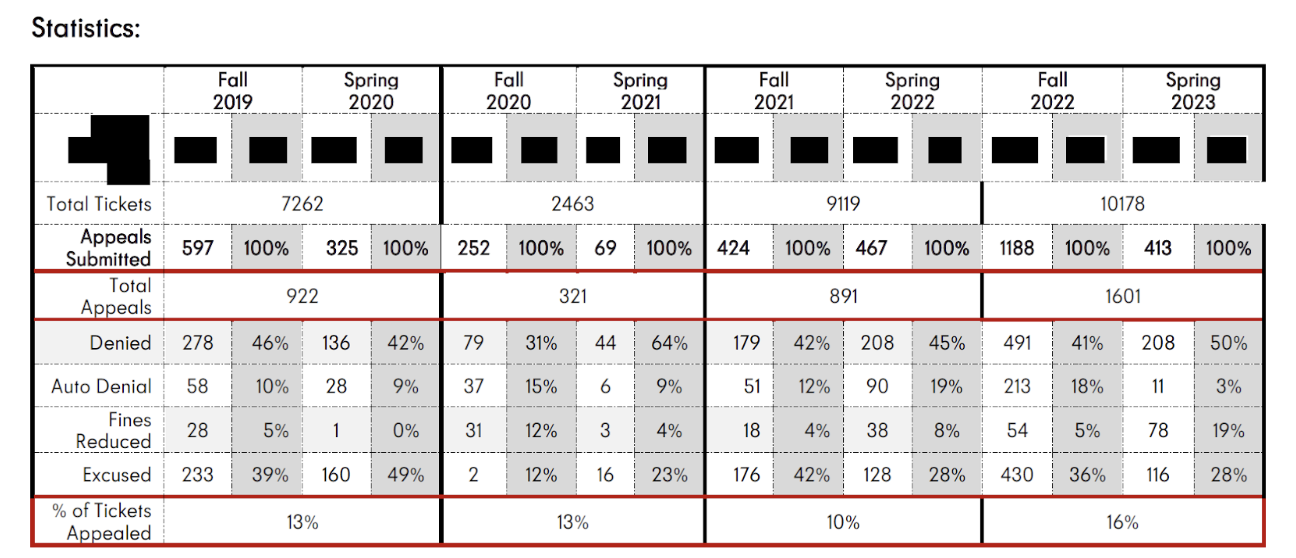By Brenna Everdale

Picture this scenario: you walk into a room about the size of a classroom. The room is filled with girls close to your age, but some are much younger. You all introduce yourselves, and within the next hour, half the room is in tears, and almost everyone has revealed that they’ve been sexually assaulted.
A sobbing girl no older than fifteen tells the group that she blames herself for her violent rape, committed by her cheating boyfriend. The girl next to her, around the same age, comforts her and offers empowering words. The room has become a safe space, where everyone feels loved and supported. Many of the girls are sharing their stories for the first time. You are incredibly moved by the strength of these girls, and you are enraged that they’ve been betrayed so deeply by the people they trusted the most.
What is happening in this room is beautiful, inspiring and heartbreaking all at the same time. This was my experience at a workshop at the National Young Feminist Leadership Conference, which is held annually in Washington, DC.
With the exception of those who work for counseling services in the health center, all university employees are now required by law to report any mention of gender-based crimes (including sexual assault, harassment, stalking and dating violence) to Public Safety and to Jesus Pena, Vice President for Equity and Compliance and Title IX coordinator.
Students are no longer guaranteed a confidential safe space if they wish to speak about their experiences in a paper, speech, during class, or privately to a professor.
I do not doubt that this new policy was enacted in order to help victims obtain justice, but I believe the effect is very different.
Many victims do not wish to file a report for a variety of reasons. In actuality, what this policy does is strengthen the culture of silence that exists around gender-based crimes. Victims are discouraged from speaking up and sharing their experiences with their peers and professors, because it will create extra work for their professors and victims will have to file a report against their will.
It is no secret that the vast majority of victims of these crimes are women. To me, this policy is infantilizing and insulting.
There is no such policy requiring professors to intervene when a student tells the class that they’ve been mugged or attacked.
Why should victims of gender-based crimes be singled out as somehow incapable of making decisions for themselves?
Obviously victims should be encouraged to file a report and seek justice, but this can be done without scaring them away or forcing them into things against their will. I believe a more effective policy would be to simply educate victims about their options.





Leave a Reply